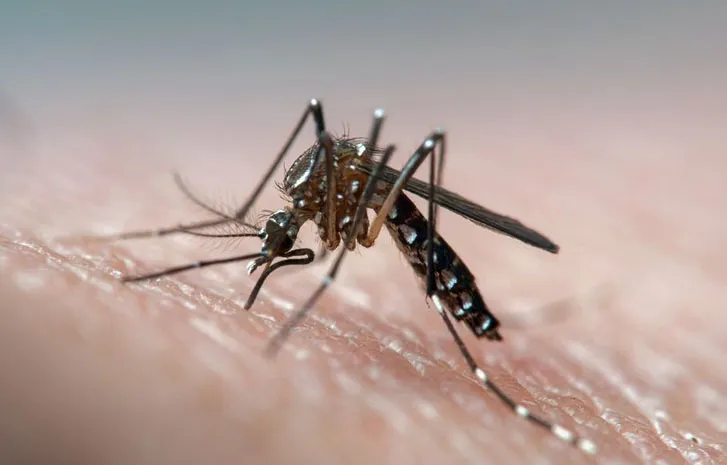Jumoke Olasunkanmi
The World Health Organisation (WHO) has attributed the increase in the number of malaria cases to climate change.
This was contained in its annual malaria report released on Thursday.
The report noted that there was a surge in malaria cases globally in 2022, with 249 million cases recorded. This is a significant increase from the 233 million recorded in 2019 with five countries including Nigeria, Ethiopia, Pakistan, Papua New Guinea and Uganda recording the highest increase.
This is despite actions taken to expand access to insecticide-treated mosquito nets and medications.
WHO noted that a number of factors including drug and insecticide resistance, humanitarian crises, resource constraints, and delays in programme implementation —especially in regions with a high burden of the disease, contributed to the surge in malaria cases.
Emphasising the impact of climate change, WHO Director General, Dr. Tedros Ghebreyesus, added that changes in temperature, humidity, and rainfall can affect the behaviour and survival of the Anopheles mosquito, responsible for transmitting malaria.
Extreme weather events, such as heat waves and flooding also directly contribute to increased transmission and disease burden.
“The changing climate poses a substantial risk to progress against malaria, particularly in vulnerable regions. Sustainable and resilient malaria responses are needed now more than ever, coupled with urgent actions to slow the pace of global warming and reduce its effects,” he said.
The report noted that although data on the long-term impact of climate change on malaria transmission is limited, climate change is expected to have indirect effects on malaria trends. It also affects access to essential malaria services and disrupts the supply chain of crucial resources like insecticide-treated nets, medicines, and vaccines.
Furthermore, it noted that population displacement due to climate-induced factors may also lead to an uptick in malaria cases, as individuals without immunity migrate to endemic areas.



